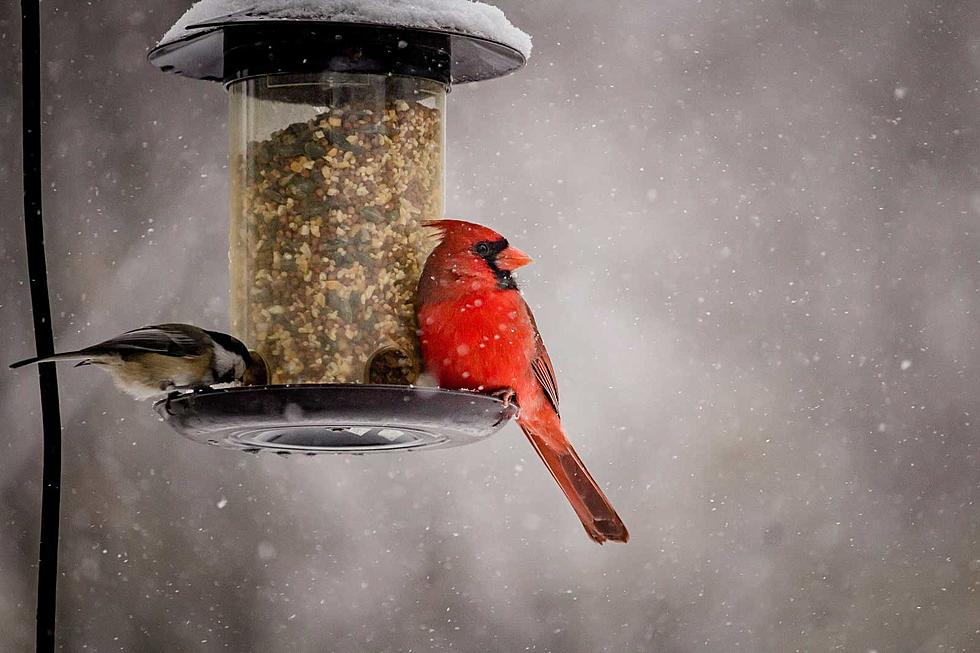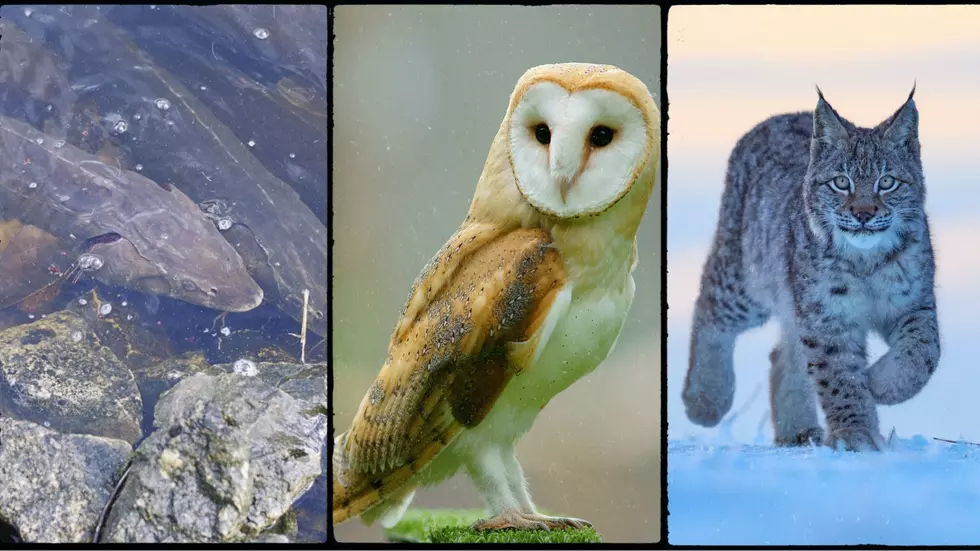
Be Careful! Feeding the Birds In Your Yard Could be a Felony in Michigan
As the winter weather approaches, many of us grab the bird feeders we have in our garage and hang them back up. We fill them with seeds for our feathered friends to help them with their food source during the winter months -- but by doing so, you might be committing a felony.
It all comes down to just where those seeds fall under the bird feeder and who eats the seeds.
Last week, Michigan Governor Gretchen Whitmer vetoed a bill that would have eased the restrictions on feeding birds in the areas where deer and elk also roam.
The bill was sponsored by State Representative Ken Borton. In a recent interview with WWJ radio, he said: "If you feed the birds or squirrels... and any of that seed does happen to wind up on the ground, which it obviously does when birds eat, and a deer comes, at that point, you’re committing a crime."
The original law is in effect to help protect the deer and elk from Chronic Wasting Disease and Bovine Tuberculosis, but according to Borton, the DNR has no evidence that backyard bird feeding leads to the spread of those diseases.
So here is the bottom line... Feeding the birds in Michigan is not illegal, however using a bird feed that attracts deer or elk is against the law. If you are caught attracting the deer or elk at your bird feeder, it is a $500 misdemeanor the first two times. After that it becomes a felony charge.
Your best hope is that the birds you feed aren't too messy and the seeds don't fall from the bird feeder. Also, hang the feeder high enough that the deer or elk can't reach it. There are also a few other things that the deer and elk don't like...human hair, and the smell of things like soap, lavender, garlic or chives.
You can find additional tips to keep the deer away here.
LOOK: Stunning animal photos from around the world
More From 100.5 FM The River









